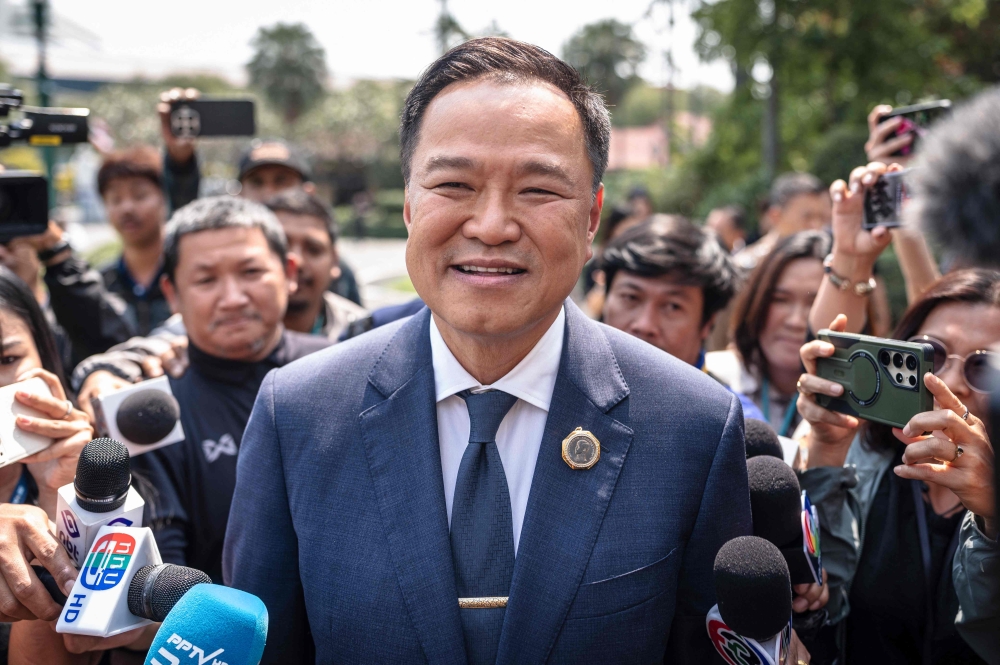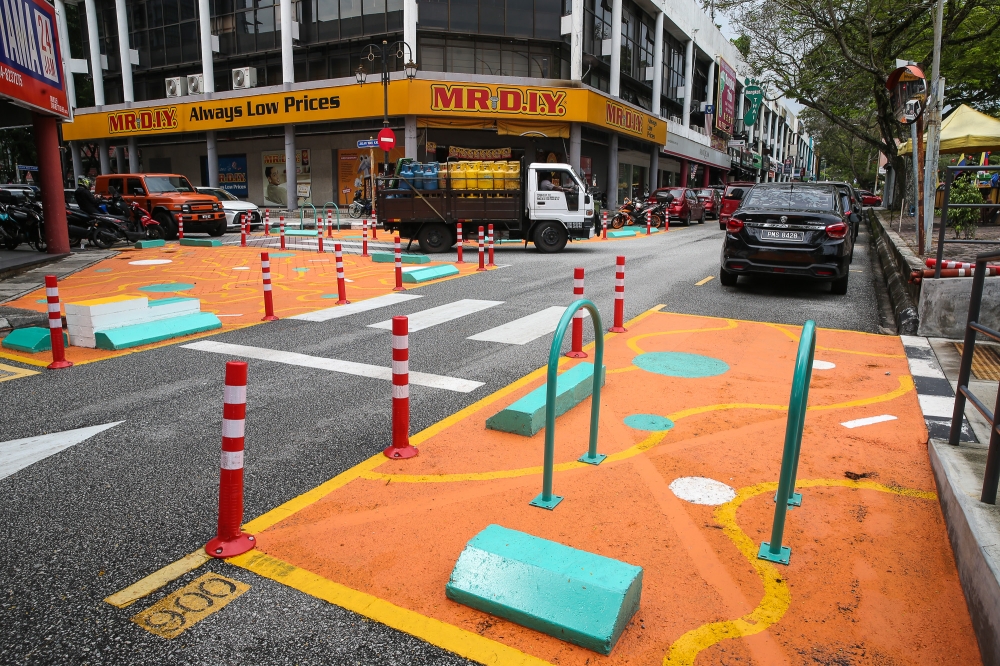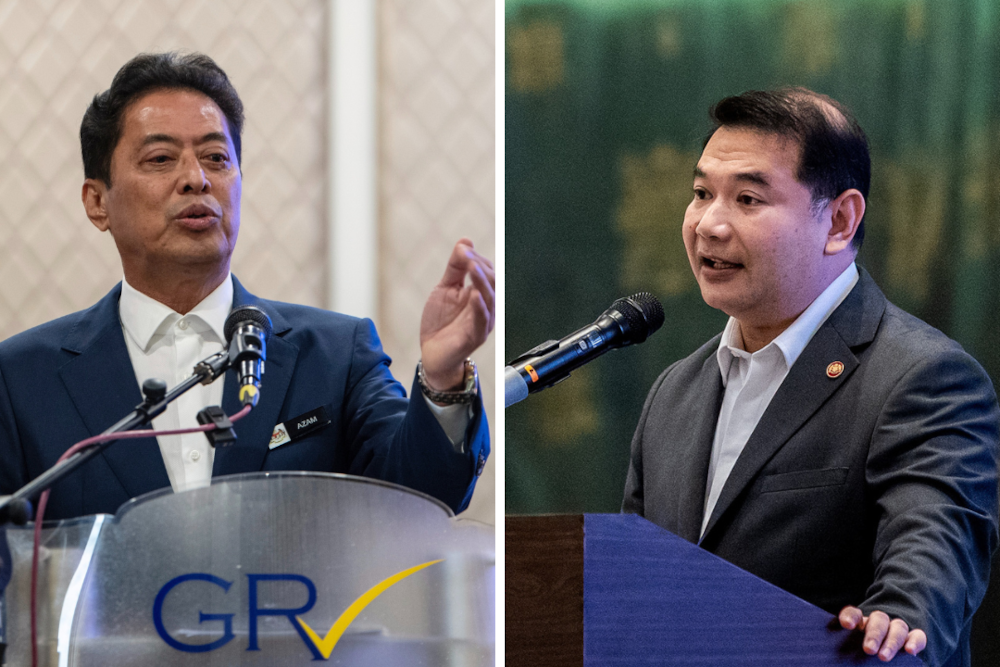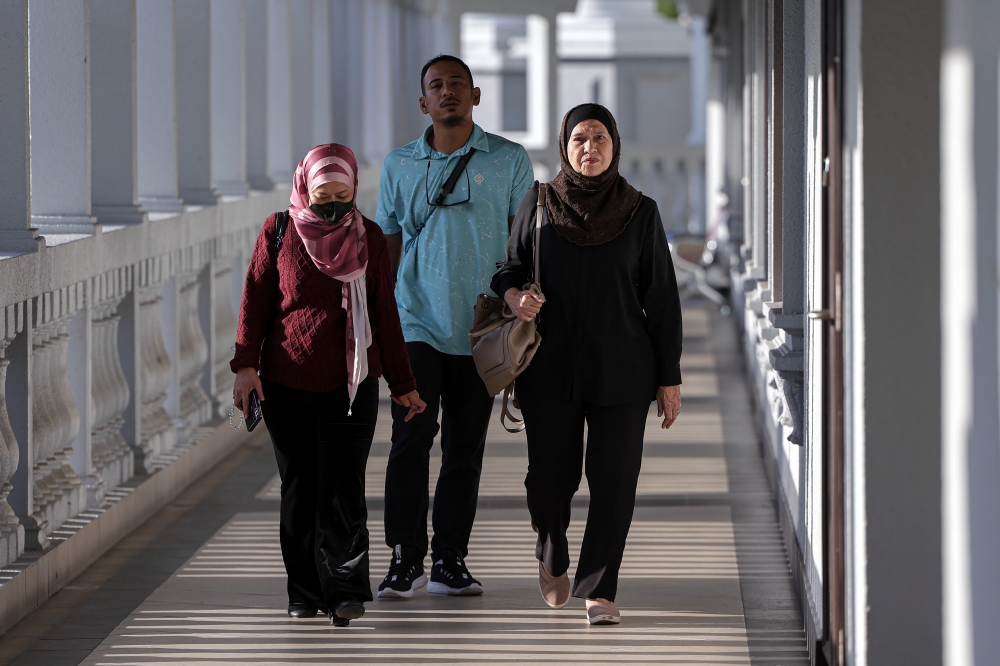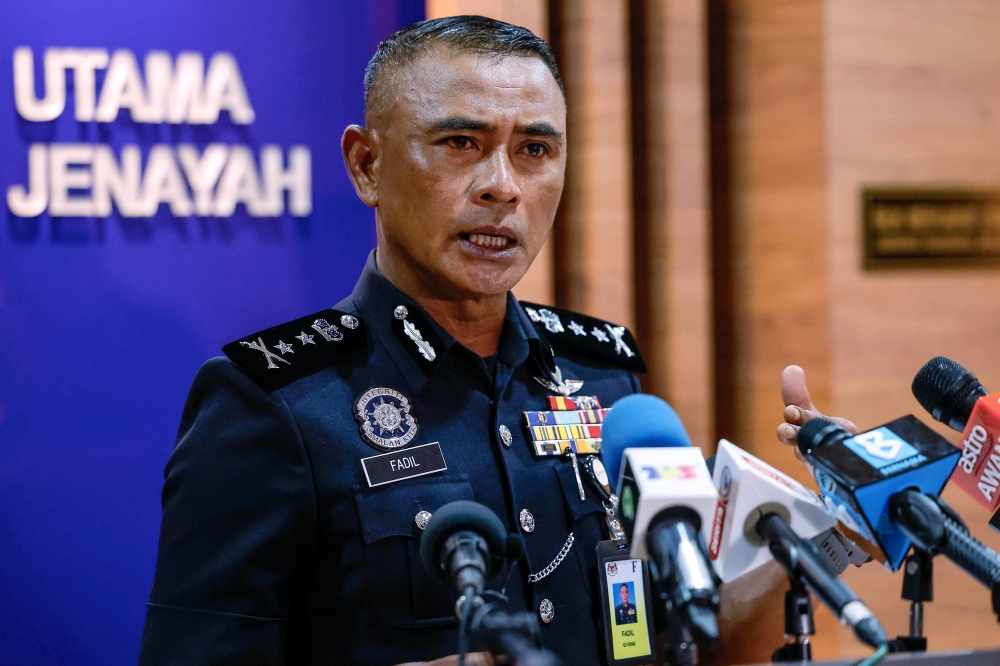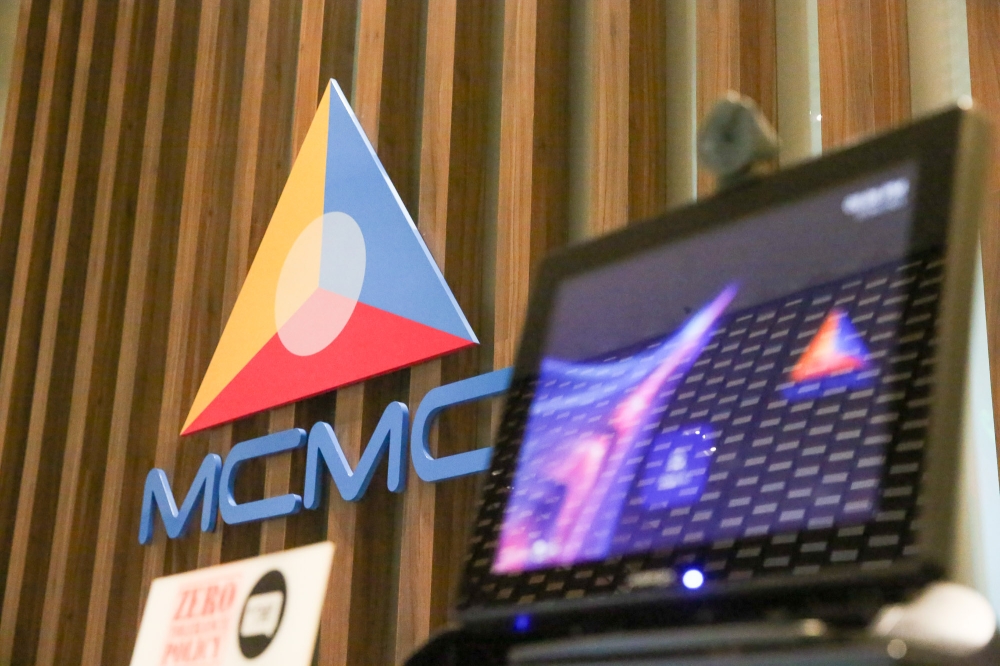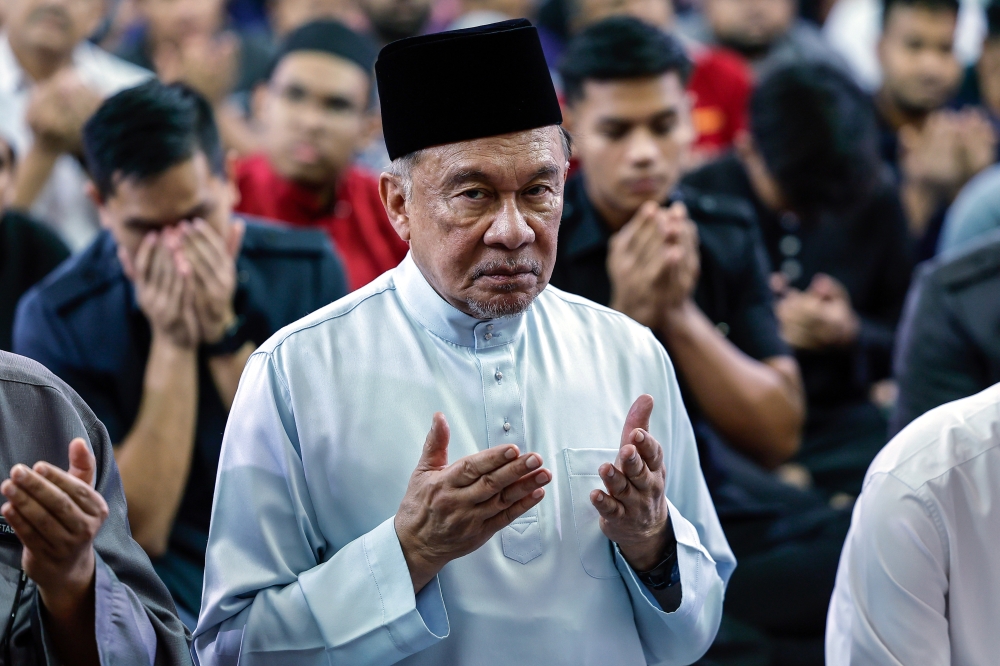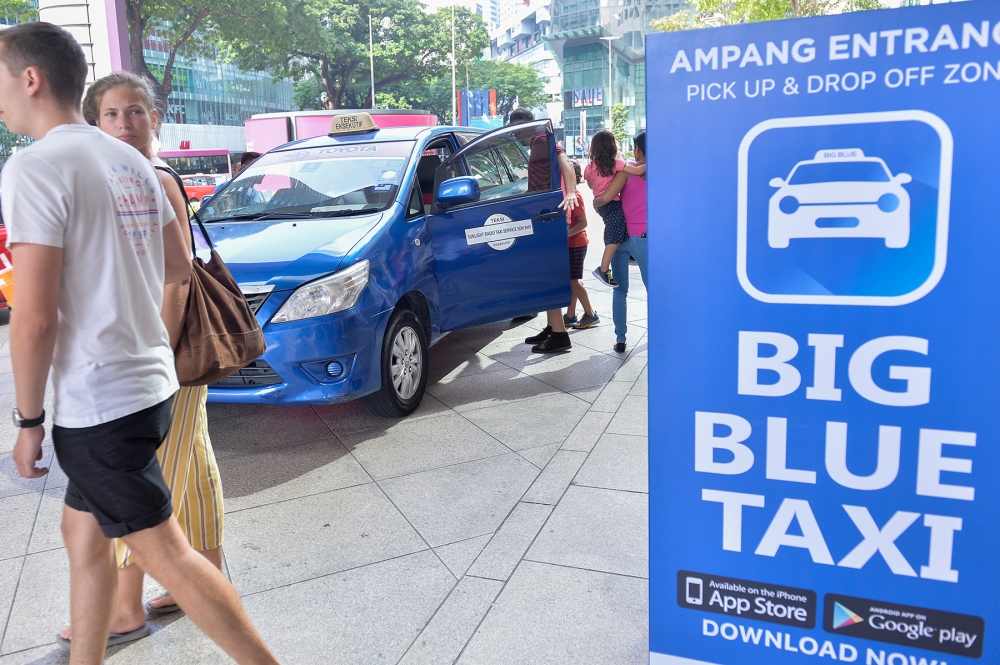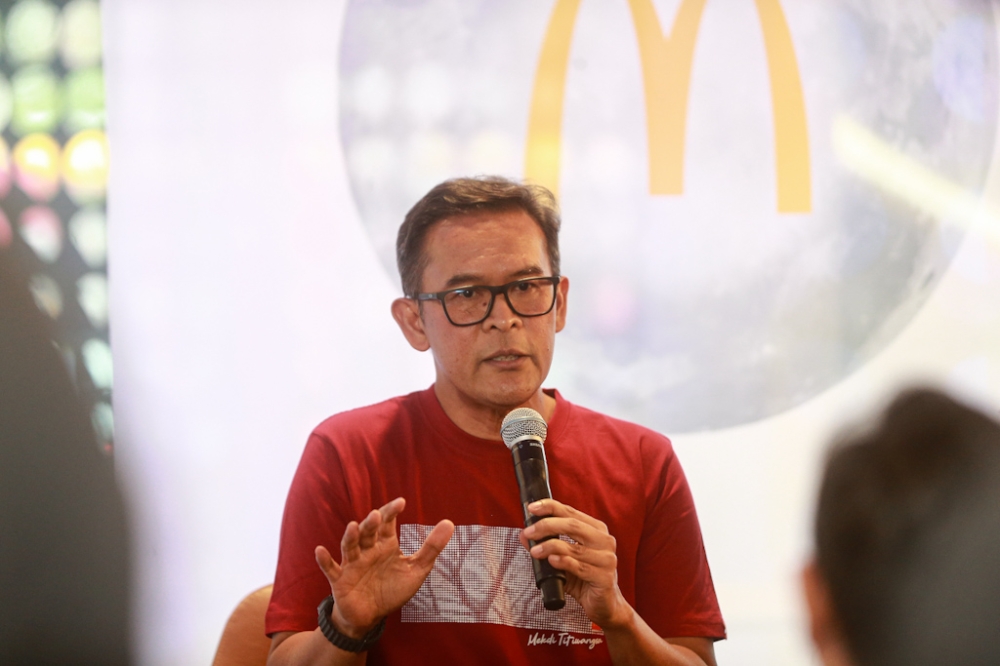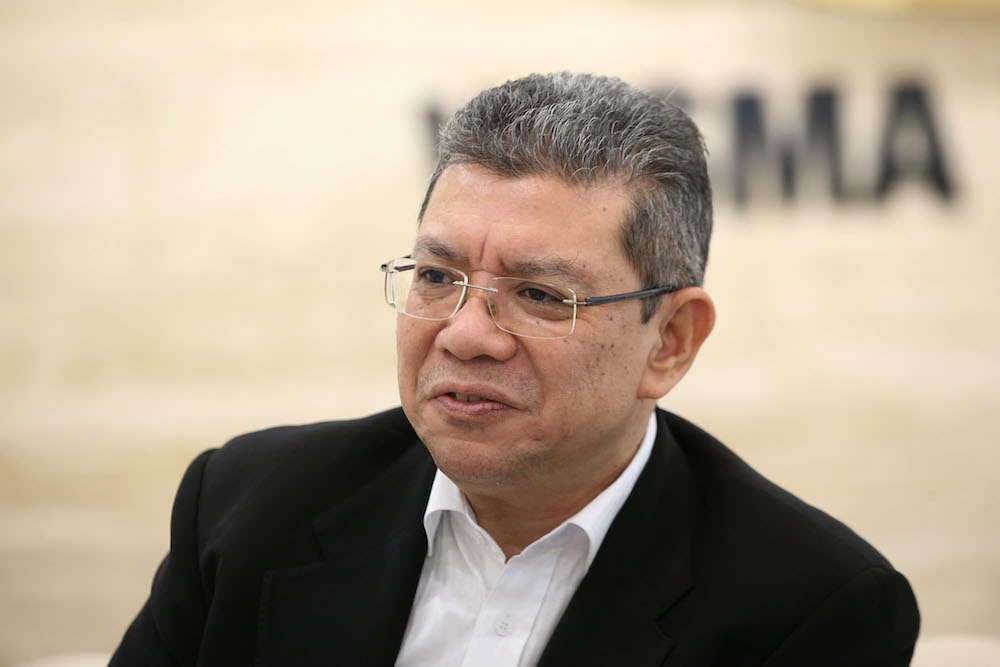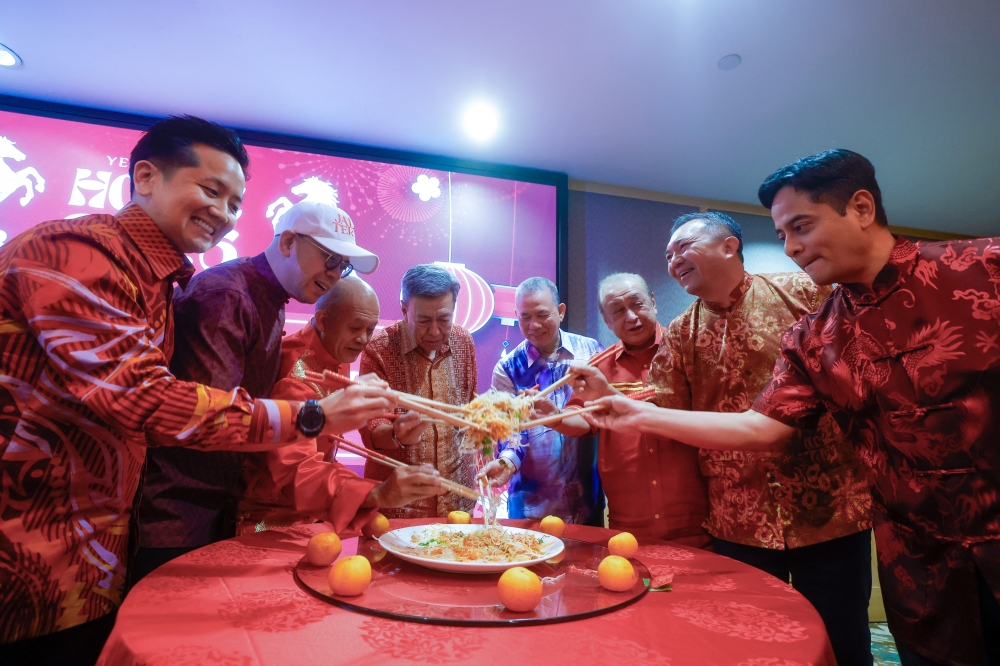PUTRAJAYA, Nov 8 ― In a first, Putrajaya will host a “live” viewing party tonight of Malaysia’s Universal Periodic Review (UPR) by the United Nations Human Rights Council (UNHRC) in Geneva, Switzerland.
To be held by the Foreign Affairs Ministry in Wisma Putra here and attended by Foreign Minister Datuk Saifuddin Abdullah, this gesture arguably marks a change in Putrajaya’s stance towards the human rights defenders maligned by the previous administration.
“It’s really a relaxed programme looking at what is happening, and trying to learn from it,” Saifuddin told Malay Mail in a recent interview.
In the invitation list sighted by Malay Mail, most invitees are representatives from ministries and government agencies, the Foreign Ministry’s Multilateral Affairs Department, and its Foreign Policy Consultative Council.
Several poliicians from both sides of the political divides are also invited, including Umno’s Rembau MP Khairy Jamaluddin and Pontian MP Datuk Seri Ahmad Maslan, PKR’s Lembah Pantai MP Fahmi Fadzil, and DAP’s Batu Kawan MP Kasthuri Patto and Klang MP Charles Santiago. None of the MPs have confirmed their attendance.
Additionally, there will also be representatives from the media, the Malaysian Human Rights Commission (Suhakam), Coalition of Malaysian NGOs in the UPR Process (Comango), and the Malaysian Alliance of Civil Society Organisations in the UPR Process (Macsa).
This is in contrast to the previous administration, which outlawed Comango just a few months after the last UPR in 2013, alleging the majority of groups under its umbrella were un-Islamic and unregistered.
The Home Ministry had then claimed that Comango’s main goals included pushing for the Sexual Orientation and Gender Identity (Sogi), a term which refers to the rights of the lesbian, gay, bisexual and transgender (LGBT) minorities.
The decision was never officially reversed.
“The current government, we have a different worldview altogether. We have a different outlook on the NGOs.
“Why? Because it’s in our DNA that we’re consultative in nature. Pakatan Harapan is consultative in nature,” said Saifuddin, who is also the PH secretariat chief.
Teething problems in new era for UPR
Comango spokesman, lawyer Honey Tan, lauded Wisma Putra for hosting a viewing party, just like the coalition has done in the past two UPRs.
“More conversations about human rights is always a good thing,” Tan told Malay Mail from Geneva.
But representatives from Comango and its co-secretariat EMPOWER said the coalition has attempted for months to collaborate with the ministry on witnessing the review, but did not receive any reply.
As a result, Comango and Suhakam have organised their own “live” viewing party in Bangsar tonight, which will be attended by representatives from Suhakam, NGOs such as Sisters in Islam, Yayasan Chow Kit and Women’s Aid Organisation, and some from foreign embassies.
EMPOWER communications and outreach manager Mastura M. Rashid told Malay Mail that both Charles and Kasthuri have also confirmed their attendance at Comango’s event before the Wisma Putra invitation went out.
When queried, a spokesman with the ministry clarified that its event in Putrajaya was previously a private screening within the government, but more guests were invited after minister Saifuddin was able to adjust his schedule.
The ministry also said that a coalition had requested for financial support for its UPR viewing event, but Wisma Putra was unable to fulfil it due to financial considerations.
Clash of human rights interpretations
Another elephant in the room is the rivalry and hostility between the two major lobby groups, Comango and Macsa; between the two, they represent over 100 NGOs and both are sending representatives to the UPR in Geneva as part of the stakeholders reporting on Malaysia’s track record.
The main schism lies in the latter’s stance that Malaysia’s human rights policies must also uphold the Cairo Declaration on Human Rights in Islam, of which Malaysia is a signatory.
Comango had in June this year claimed that it suffered hateful attacks of a racial and religious nature. It blamed the alleged smear campaigns on state-sanctioned and private groups under the previous government, including the Coalition of Muslim Organisations in the UPR Process (MuslimUPRo) ― a predecessor to Macsa.
Saifuddin said his ministry met both sides prior to the UPR, during which it called for better understanding between the two conflicting worldviews on human rights.
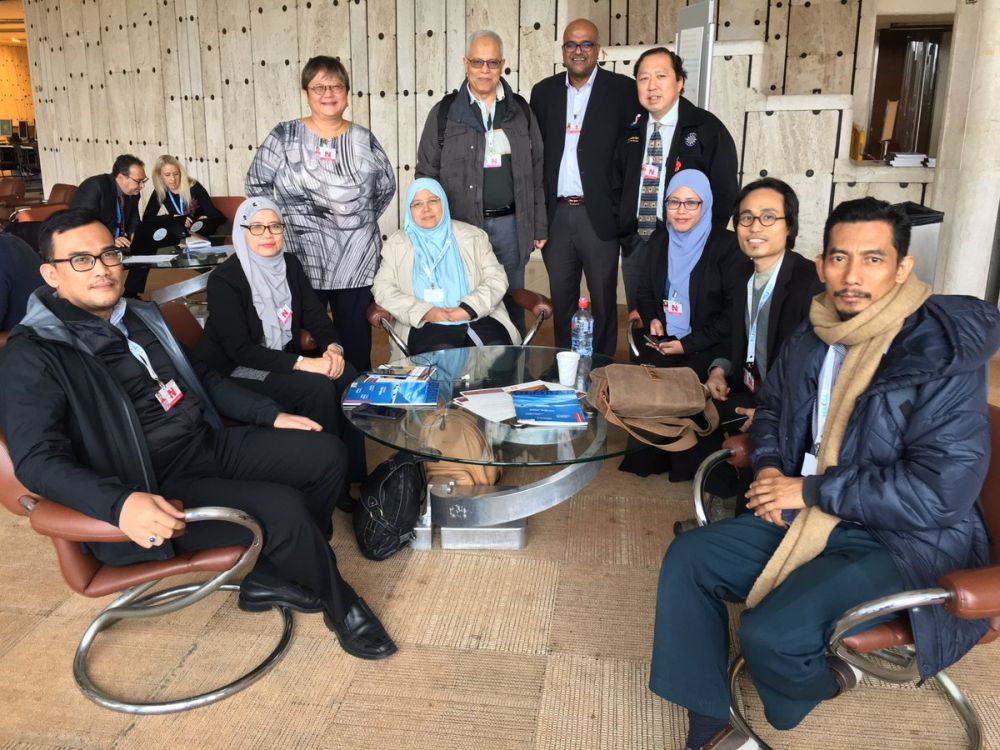
“Wisma Putra is not in the position to bring the two together. I think that is really not our task,” he said.
But the minister insisted that the gap and differences between the two coalitions are minor, giving the example of the LGBT community. He claimed that both sides agree when it comes to opposing discrimination against the community, and collaborating with LGBT activists ― they only disagree on the recognising the LGBT, with Macsa refusing to do so.
In its pre-UPR statement, Macsa said it supports Putrajaya’s effort to ensure the rights of LGBT persons to religious guidance and praised efforts to help the community “to return to the right path”.
“In other issues, the differences are very small, most of the time people are on the same page. This gives us, as the government, the confidence that in actual fact we can really move forward in so many ways,” he said.
Saifuddin also said that Putrajaya will not attack any of the sides, and will render assistance to any side that gets attacked, referring to Comango’s report of hate and smear campaigns.
He also reiterated Putrajaya and PH’s commitment to human rights, suggesting that the pact has its “own way” of looking at the issue. PH pledged in its election manifesto to ratify core international human rights conventions as soon as possible.
“We’re pro-human rights, although we understand we have our own cultural and religious background, which may in certain areas clash with what is now considered universal through international convention.
“But we want to go out there and talk to people about human rights. If we have our own values that we can share to the world, that’s what we want to do,” he said.
Held every four-and-half years, the UPR is a UNHRC mechanism that was established in 2007 to improve the treatment of human rights in all 193 UN member states.
The process involves a three-hour interactive dialogue, where UNHRC members will question Malaysia based on reports prepared by the government, UN agencies, and the stakeholders’ report.
The Malaysian delegation will be led by Foreign Ministry secretary-general Datuk Seri Ramlan Ibrahim, and will include representatives from several ministries, Attorney-General’s Chambers, Jakim, Orang Asli Development Department, and Sarawak state government,
The three countries serving as rapporteurs for Malaysia’s review are South Africa, Nepal, and Cuba.







